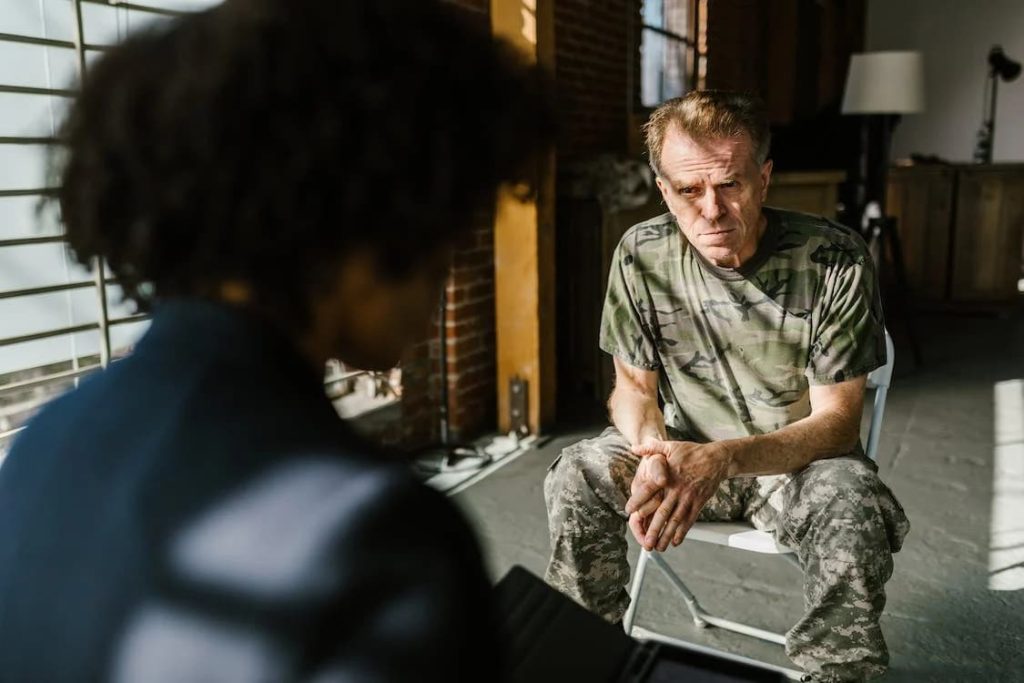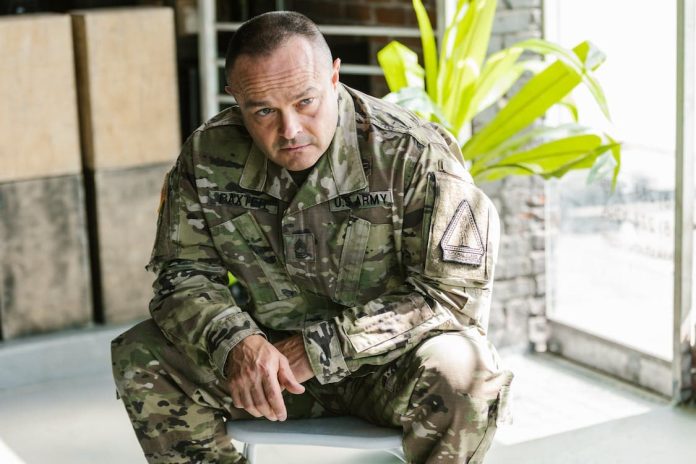Reintegrating into society after a deployment can be difficult for many service members. Several challenges can make transitioning back to civilian life tough, such as readjusting to family and friends, finding a new job, or dealing with mental health issues.
Table of Contents
Dealing with Mental Health Issues
Psychological problems are often seen as one of the main reasons why soldiers have difficulty reintegrating into society after deployment. It is not always easy to readjust to civilian life, and many veterans struggle with mental health issues such as post-traumatic stress disorder (PTSD), anxiety, and depression.
There are several reasons why dealing with mental health issues can be difficult for veterans. First, they may have experienced traumas during combat that they couldn’t process or deal with. This can lead to flashbacks, nightmares, and other intrusive thoughts that make it hard to focus on everyday life. Additionally, many veterans struggle with guilt, shame, and self-blame after their experiences in combat. They may feel like they failed their fellow soldiers or let down their country, which can be incredibly painful and hard to come to terms with.
Finally, reintegrating into society after deployment can be difficult for veterans because they often feel isolated and alone. Their experience is unique, and finding others who understand what they’ve been through can be hard. This isolation can compound mental health issues, making them even harder to deal with.
If you are a veteran struggling with mental health issues, it’s essential to seek out help. The folks at solaramentalhealth.com recommend comprehensive treatment programs to ensure the full recovery of veterans. Many resources are also available to you, including counseling, therapy, support groups, and more. Don’t try to go through this process alone – reach out for help and get the support you need to heal.
Readjusting to Family and Friends
One of the most complex parts of reintegrating into society after deployment is readjusting to family and friends. For many service members, deployment is a time of intense focus and camaraderie. They are surrounded by their fellow service members 24/7 and form close bonds.
When they return home, they often find that their relationships with family and friends have changed. Family members may have moved on with their lives and no longer view the service member as the center of their world. Friends may have drifted apart or formed new relationships. The service member may feel like an outsider in their own life.
The process of readjusting to family and friends can be difficult, but it is possible with time and patience. Service members should be honest about their feelings and give themselves time to adjust. They should also reach out to their support network, including other veterans, for help and advice. With effort, they can rebuild their relationships and reintegrate into society.
Dealing with Culture Shock
Culture shock is defined as “the feeling of disorientation that people experience when they come into contact with a culture that is different from their own.” It can manifest itself in various ways, from feeling homesick or anxious in new surroundings to feeling like you no longer understand or fit in with your culture.
Culture shock can be especially pronounced for service members who have been deployed. After living in a war zone or other high-stress environment for an extended period of time, it can be hard to adjust to the relative peace and normalcy of civilian life. And because deployments often take service members to different parts of the world, they can also come back feeling like they no longer understand or relate to their own culture.
If you’re having difficulty readjusting to civilian life after deployment, it’s important to remember that you’re not alone. Many service members go through similar experiences, and there are resources available to help them deal with culture shock and other challenges of reintegration.
Finding a New Job
For many veterans, finding a new job is one of the most difficult processes of reintegrating into society once back from deployment. The reasons for this are varied but can include everything from combat-related injuries to post-traumatic stress disorder (PTSD).
In addition, many veterans find translating their military skills and experience into civilian terms challenging. This can make it hard for them to sell themselves to potential employers.
Finally, the job market is often very competitive, particularly in today’s economy. This means that veterans often have to work harder and be more creative in their job search than civilians.
Several resources are available to you if you’re a veteran struggling to find a new job. The U.S. Department of Labor’s Veterans’ Employment and Training Service (VETS) offers a variety of programs and services designed to help veterans find employment.
In addition, many state and local governments offer veterans employment assistance programs. These programs can provide you with job counseling, resume writing assistance, and access to job fairs and other job search resources.
If you’re having difficulty finding a new job, don’t hesitate to reach out for help. Several organizations and agencies can assist you in your job search. With a little effort, you should be able to find the right position for you.

Reintegrating into society after a deployment can be difficult, but resources and support are available to help you through the process. If you are struggling, reach out to a family member, friend, or mental health professional for help.




